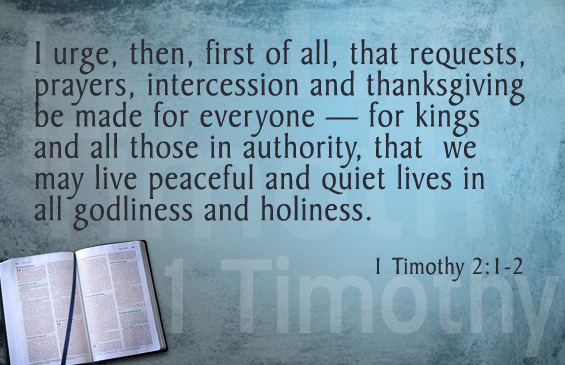Paul wraps up his instructions to Timothy in this week’s passage, completing his thoughts on the role of women in worship. This also concludes chapter two, and Paul’s letter turns to leadership roles next.
This week’s passage contains an interesting twist. You can find it in 1 Timothy 2:13-15:

There are a couple of critical issues addressed here. Let’s deal first with the subtle, and then the more obvious.
Paul continues his instructions concerning women with an appeal to the authority of Scripture. He goes back and refers to Adam and Eve and the original sin, from the early chapters of Genesis. This is important, because it reveals that Paul accepted the early parts of Genesis as totally authoritative, just as Jesus did when speaking about marriage in Matthew 19:4-6.
In our society today, we have almost totally relegated the early portions of Genesis, if not the entire book, to the status of mythology. There is a fundamental problem with that though. Jesus, Paul, and many other early church leaders, and the Church Fathers for the next few centuries, accepted Genesis as literal and historical. But we’ve allowed “science” to replace God in the 21st century. As a result, we’re rejected the authority of several significant portions of Scripture. And if parts of God’s Word are to be questioned, then how can we know that the rest is valid? We can’t. To reject the authority of a part of the Bible is to reject the whole thing.






